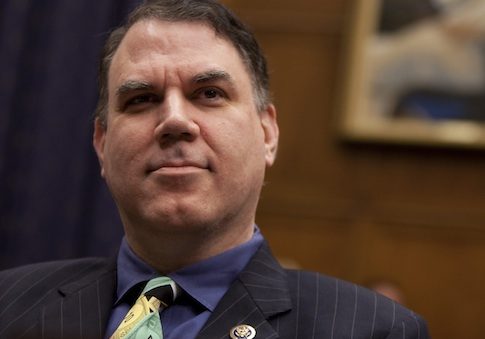Rep. Alan Grayson (D.,Fla.) said that he is not receiving compensation through a controversial Cayman Island hedge fund despite being listed as the manager, the Tampa Bay Times reports.
Grayson says he "hasn’t gotten one penny" from one of his hedge funds that have come under increased scrutiny in recent months. According to the latest regulatory filings, the Democratic congressman’s Cayman Island hedge shows two investors and $13.2 million in sales.
The Times recently obtained documents that could provide even more ammunition to the critics.
The Times writes:
Public records obtained by the Tampa Bay Times add ammunition to critics who say Democratic U.S. Senate candidate Alan Grayson's use of a hedge fund in the offshore tax haven of the Cayman Islands may have violated U.S. House ethics rules that ban receiving improper outside compensation.
"I haven't gotten one penny of compensation," Grayson said, when asked about his fund's 2011 prospectus obtained by the Times and documents he filed with the Securities and Exchange Commission earlier this month that referred to "ongoing" management fees and incentive payments.
"Management fees go to a corporate entity, not Rep. Grayson," his office said in an email.
"An LLC is the fund manager," said Grayson, referring to a limited liability company.
However, a professor that reviewed the documents disagrees with this argument.
Sugata Ray, a lecturer at the University of Florida's Warrington College of Business, reviewed Grayson's hedge fund documents for the Times.
"Everything in these records suggests he's getting compensated," said Ray, adding that it's possible the fund did not make any money.
Grayson owns multiple hedge funds that have brought increased scrutiny upon the congressman.
Recently, the names of the hedge funds were changed to remove "Grayson" from their titles, actions that previously have led for calls of ethics probes, as sitting members of Congress are prohibited from using their names in the title of financial institutions.
